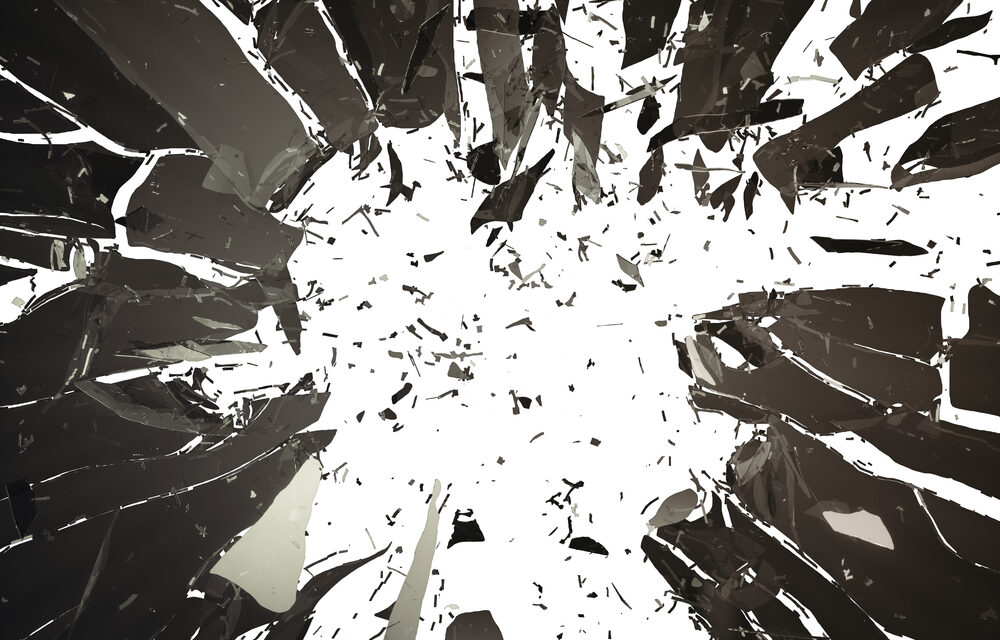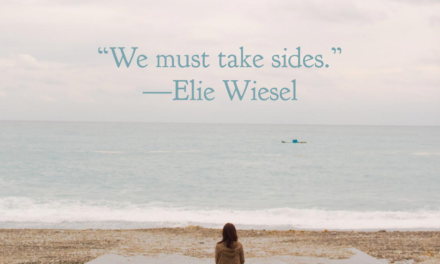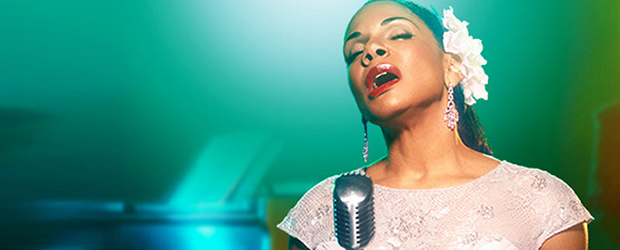I’m mourning unity.
No, wait, let me clarify. I’m mourning the possibility of unity. I no longer think it’s a realistic goal for our nation or the world.
Just a few years ago while visiting Strawberry Fields in Central Park, I bought a button that says, “You may say I’m a dreamer, but I’m not the only one” because I felt it in my core. There’s a lot of idealist in me.
Imagine that.
Now, the very message I would proudly wear on my chest has given way to this one – “You may say I’m a realist, and you’d be right.”
I’m sorry, but I have to say it again. Global unity is not possible. Not in this lifetime. Let’s focus instead on what is possible.
Over the last four years or so, I have often joked that I’ll know our country is righting itself when I can go back to respectfully disagreeing with former Republicans like Steve Schmidt, Bill Kristol, Nicolle Wallace, and David Frum. We have deep disagreements in the political sphere, but these have become some of my favorite people to watch and read during the Donald Trump presidency. It’s actually been a bit of a comeuppance for me to like them so much and get to know them as citizens with a moral code similar to mine.
That feels unifying in my little corner of the world. It’s been a call to open my mind and not assume. It feels like a big, wide center along that right to left spectrum. I like residing there, free to bend more to the progressive side or conservative side at certain times on certain issues.
I watched the recent FX series, Mrs. America, about the ERA fight among women like Phyllis Schlafly, Gloria Steinem, Betty Friedan, Shirley Chisholm and Bella Abzug. In it, we get to know the women, the fight, the driving factors behind two movements. In the mix is Alice Macray who early on aligns herself with Schlafly and works beside her to build support for the conservative Eagle Forum.
In my favorite episode of the series, we’re taken to The National Women’s Conference in Houston, 1977. There is an anticipated clash between the feminists and conservative women and Alice (a composite character played by Sarah Paulson) is there without the dominant Schlafly leading the charge. In one moving scene, she is having a drink at the hotel bar, visibly upset, when a woman next to her strikes up a conversation. She asks if Alice would like to pray with her and extends her hand. They pray and then talk and laugh. Alice warms to her and clearly feels better.
But then the woman offhandedly mentions she’s a member of NOW. Alice looks stricken, grabs her belongings and leaves. As the conference continues, however, she winds up in a chapel awed by a nun who consecrates the Eucharist; joyfully singing This Land Is Your Land with lesbians and finding out its composer, Woody Guthrie, was a socialist; and transfixed by the way Gloria Steinem solicited feedback from others in stark contrast to the way Schlafly conducted herself as a leader.
At one point, after having all those experiences, Alice addresses her peers, “I came here to defend myself, but I have to ask, who is attacking us?”
Indeed. Who is the perceived enemy?
“The fascinating thing about Alice is that it’s not that she makes a move and becomes a liberal,” Paulson said in an interview in Bustle. “It’s that she realizes she was getting a very narrow view of the story.”
That, right there, is what I keep thinking about as we live through this time where wearing a mask during a pandemic and standing up against systemic racism and corruption in policing, puts us in camps. Everything now is about camps. For and against.
What is common ground at this point? Are we tasked with convincing a white person who has been socialized to think of black people as inferior that they’re not? If someone doesn’t understand why looking at a Black Lives Matter sign and retorting with “All Lives Matter” is missing the point, is it our position that explaining it will help? If a police officer is so coarse as to not understand that a peaceful protester yearns to be heard, not shoved to the ground simply for being there, what exactly are we to do about that?
Is there any indication, any at all, that the current President of the United States wants unity when he invokes George Floyd’s name? Do we have any reason to believe the members of law enforcement who think he’s the cat’s meow will have a Zen moment and realize they’ve been doing it all wrong? That they’ll wake up one day and say, “My God, I have been showing my deep bias for black people by roughing them up when it isn’t called for, holding them to higher standards of behavior than white people, and really not seeing them as human beings with family, friends, livelihoods, faith and a desire to contribute?”
Make no mistake about it, there is plenty going on in our country right now that has been, and will continue to be, unifying. There are heartening images of cops aligning with protesters, people doing massive cleanups after businesses and property have been damaged, citizens in meaningful dialogue. Making our little corner of the world better is everything right now, for those of us willing to do that. And sure, we can show up and vote and unify behind our desire to bring our country to a new, uplifting place. I may be a realist, but I’m still an optimist.
What I think we need to accept is that the camps aren’t going away. If Trump is voted out of office, there is a large chunk of America that will be sad about it. And we have seen why – their ability to be free in the sense they value will be hampered or even squashed.
To borrow from poet Langston Hughes, what happens when that dream is deferred?
I don’t think it’s a pretty picture.






